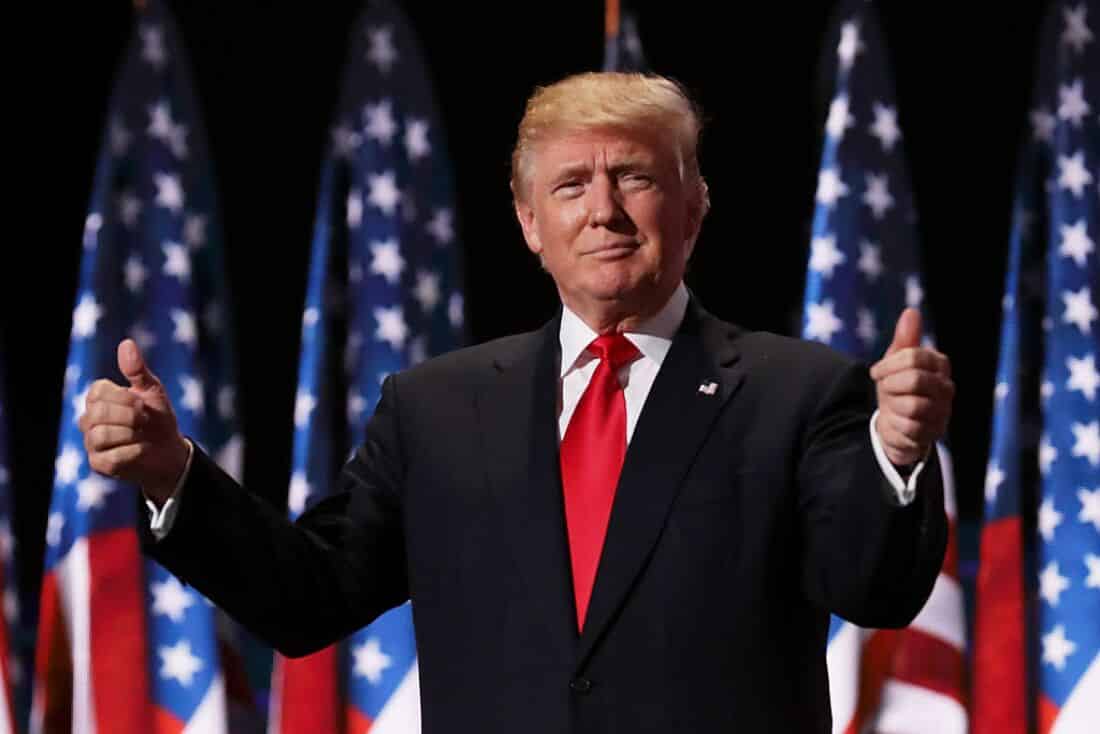On Monday, the U.S. Supreme Court ruled that former presidents, including Donald J. Trump, are entitled to immunity from federal prosecution for official acts within their exclusive constitutional authority. This landmark decision grants absolute immunity for such acts and “at least presumptive immu

Automated compliance and legal drafting
On Monday, the U.S. Supreme Court ruled that former presidents are entitled to immunity from federal prosecution for official acts. Therefore former President Donald J. Trump has absolute immunity from criminal prosecution for actions within his exclusive constitutional authority during his presidency.
This landmark ruling holds that Trump, and by extension, all former presidents, are entitled to absolute immunity from criminal prosecution for acts carried out within their exclusive constitutional authority during their presidency. Additionally, they are entitled to “at least presumptive immunity” from prosecution for all official acts, though this immunity does not extend to unofficial acts. This ruling, therefore, delineates the boundaries of presidential immunity and has far-reaching implications for the separation of powers and the accountability of the highest office in the land.
The case originated from various legal challenges that emerged during and after Trump’s tenure as President of the United States. These challenges encompassed a range of issues, from allegations of obstruction of justice and abuse of power to more specific actions taken in office. Critics argued that Trump’s conduct went beyond the scope of his presidential duties and warranted legal scrutiny, while supporters maintained that his actions were protected under the doctrine of executive immunity.
The Supreme Court’s decision was 6-3, with the court’s liberals in dissent. Trump argued that, as a former President, he should be fully protected from prosecution for actions taken while in office. The lower courts, including the District Court and the D.C. Circuit, had rejected Trump’s argument, stating that former Presidents do not have blanket immunity from criminal charges. However, neither court had determined whether Trump’s actions were part of his official duties as President.
The Supreme Court’s ruling is rooted in the constitutional powers vested in the President by Article II of the U.S. Constitution. This article grants the President extensive executive powers, making the office uniquely powerful and central to the functioning of the federal government. The Supreme Court’s opinion emphasizes that the President’s authority stems either from the Constitution itself or from an act of Congress, with some of this authority being “conclusive and preclusive.” This means that when the President acts within this exclusive sphere, neither Congress nor the courts can challenge or criminalize these actions.
The ruling also distinguishes between official and unofficial acts. While the President is granted immunity for official acts, this protection does not extend to unofficial acts. This means that any actions taken by the President that are outside the scope of his official duties and responsibilities are not protected by immunity and can be subject to prosecution.
The court has established a precedent that former presidents cannot be criminally prosecuted for actions taken within their constitutional authority during their time in office. This protection aims to ensure that presidents can perform their duties without fear of subsequent legal repercussions, thereby preserving the independence and integrity of the executive branch.
This judgement has sparked significant debate and discussion across the political and legal landscapes. This landmark ruling touches on the intricate balance between presidential powers and accountability, raising questions about the extent of executive privilege and the implications for future administrations.





